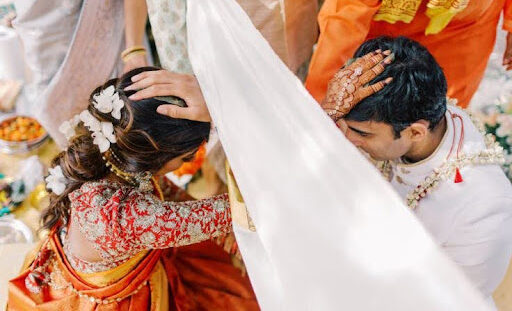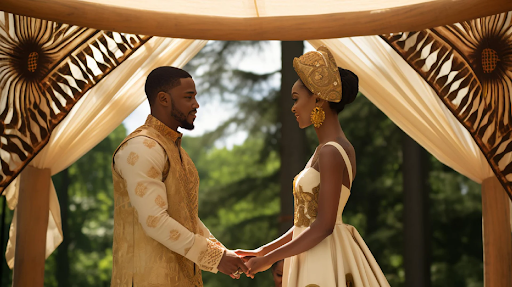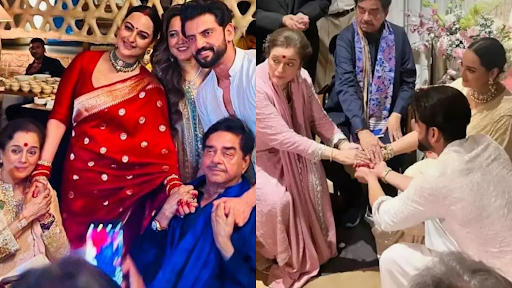Introduction
In the tapestry of life’s celebrations, weddings stand out as mosaic masterpieces, portraying the love, values, and traditions unique to each culture. Understanding cultural wedding etiquette is not just about observing formalities; it’s an opportunity to celebrate diversity and foster inclusiveness. As global citizens, recognizing and respecting these customs can transform a simple invitation into a deep expression of communal harmony and personal respect.

The Significance of Cultural Wedding Etiquette
At its core, cultural wedding etiquette encompasses the dos and don’ts that guests and participants are expected to adhere to during a wedding ceremony and reception. This knowledge serves as a bridge, connecting individuals from diverse backgrounds through the shared experience of celebrating love. Whether it’s knowing when to remove your shoes, how much money to gift, or the appropriate attire for the occasion, each detail contributes to the collective joy and respect shared among all present.
Recognizing Various Cultural Wedding Customs
- Asian weddings often feature rituals like tea ceremonies to honor parents and ancestors.
- African wedding celebrations can include vibrant traditional attire, dance, and symbolic gift exchanges.
- In Indian weddings, the Sangeet ceremony allows both families to mingle and celebrate with music and dance.
- Western weddings might focus on the exchange of vows and rings, followed by a reception with specific cultural or family traditions.
Impact on Social Harmony and Respect
By understanding and observing these varied traditions, guests and families can avoid unintentional disrespect that can mar an otherwise joyful occasion. This attentiveness fosters a culture of mutual respect and understanding, laying the foundation for stronger social bonds and community ties. Moreover, it sends a powerful message of unity and respect for diversity, enriching our own cultural experiences and perspectives.
Examples of unique wedding traditions globally
- In Japan, the folding of 1,000 origami cranes symbolizes patience, understanding, and longevity.
- Jumping the broom is a tradition in African American weddings, symbolizing the sweeping away of the old and welcoming the new.
- In Sweden, it’s common for all the women at the wedding to kiss the groom if the bride leaves the room.
Avoiding Unintentional Disrespect at Multicultural Weddings
Attending a wedding from a culture different from one’s own can be a learning experience. It’s important to research in advance, asking questions about dress codes, traditions, and expected behavior. Respectful curiosity and openness to learning not only enhance the celebration but also strengthen our connections to one another, demonstrating a shared commitment to honoring the love stories that weave through all cultures.
Building Stronger Family and Community Ties
In many cultures, weddings are not just the union of two individuals but the joining of families and, by extension, communities. Hence, understanding and integrating into these cultural moments can significantly strengthen the bonds within and between communities, promoting a sense of belonging and togetherness. This collective experience enriches everyone involved, creating lasting memories and fostering inclusivity.

Tips for Guests to Honor Different Wedding Etiquettes
- Research the cultural significance of the wedding traditions you’ll be witnessing.
- Ask the couple or their families about proper attire and any specific customs to observe.
- Show respect and appreciation for the traditions you’re experiencing, even if they’re new to you.
- Be present and participate fully, embracing the unique customs and ceremonies.
Conclusion
In conclusion, the art of understanding cultural wedding etiquette is much like learning a new language—the more proficient we become, the deeper our connections grow. By embracing the rich tapestry of global wedding traditions, we not only honor the couples we celebrate but also build bridges of understanding, respect, and unity amongst diverse cultures. Let’s all make a conscious effort to be not just guests at weddings but ambassadors of cultural harmony.

